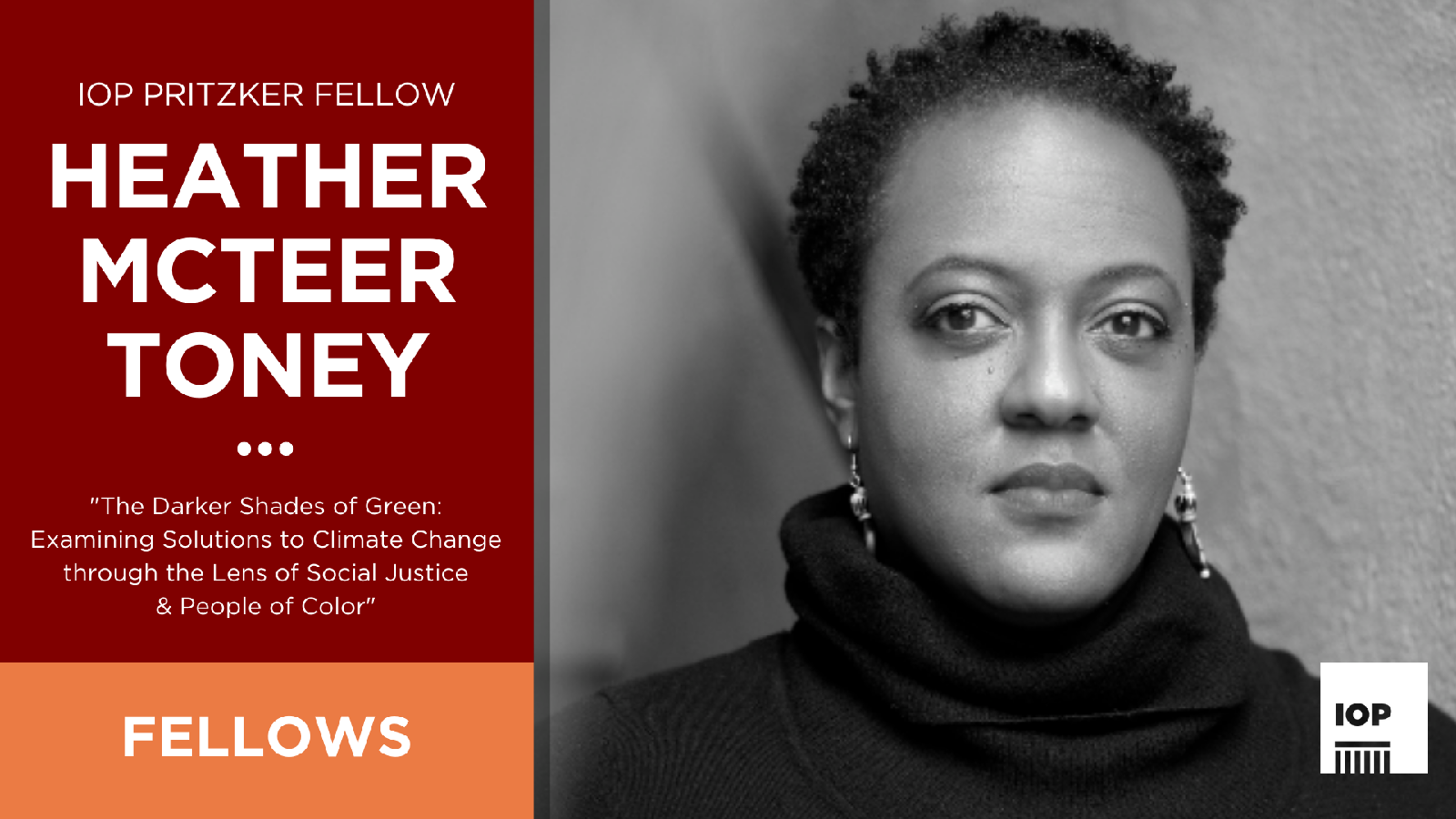Description
"Is the Climate Crisis an Accomplice to the Murders of George Floyd, Ahmaud Arbery & Breonna Taylor?"
(Open to Current UChicago Students Only)

Tuesday, April 20th, 3-4pm CT
The recorded and public murder of George Floyd at the hands of police caused global outrage at the continued violence against unarmed black people. Outrage turned into a movement - throughout 2020, the demands for justice and equality were felt in every sector of our country. As thought leaders, activists and policy makers seek solutions, we must also address varying factors of causation, including climate change. According to one peer-reviewed study in the Journal of Environmental and Economic Management, "Between 2010 and 2099, climate change will cause an additional 22,000 murders, 180,000 cases of rape, 1.2 million aggravated assaults, 2.3 million simple assaults, 260,000 robberies, 1.3 million burglaries, 2.2 million cases of larceny, and 580,000 cases of vehicle theft in the United States." This seminar will examine the data, experience and policy decisions that connect the dots between a warming planet and violence, particularly in communities of color.
Special Guest: Dr. Mustafa Santiago Ali, VP of Environmental Justice, Climate, and Community Revitalization for the NFW; former SVP of the Hip Hop Caucus; former Senior Advisor for Environmental Justice and Community Revitalization for the EPA
Suggested Reading:
"A Rise in Murder? Let's Talk About the Weather" | Jeff Asher, The New York Times
Pritzker Fellows seminars are off the record and open to current UChicago students only. A Zoom link will be sent to your UChicago email address 60 minutes prior to the seminar start time. If you have any questions about accessibility, please contact Ashley Jorn (ashleyjorn@uchicago.edu). Capacity is limited in order to allow for discussion. If necessary, attendance will be determined via lottery; however, all registered UChicago students will have the opportunity to observe seminars. Observers will be moved into the discussion if space allows. We encourage observers to sign up for office hours; Fellows will answer any questions you're unable to ask in seminars.
